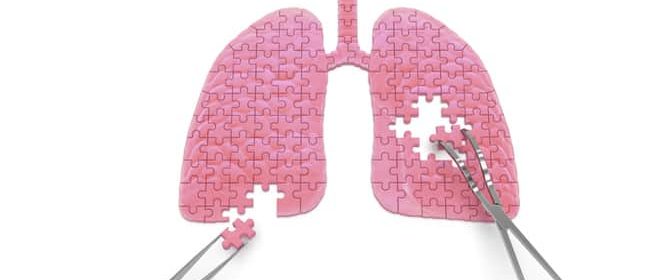There are limited data regarding whether mortality is higher in patients with non cystic fibrosis bronchiectasis (bronchiectasis) than in those without bronchiectasis. Using 2005-2015 data from the Korean National Health Insurance Service, we evaluated hazard ratio (HR) for all-cause mortality in the bronchiectasis cohort relative to the matched cohort. The effect of comorbidities over the study period on the relative mortality was also assessed. All-cause mortality was significantly higher in the bronchiectasis cohort than in the matched cohort (2505/100,000 vs 2142/100,000 person-years, respectively; P < 0.001). Mortality risk was 1.15-fold greater in the bronchiectasis cohort than in the matched cohort (95% confidence interval [CI] 1.09-1.22); mortality was greatest among elderly patients (HR = 1.17, 95% CI 1.10-1.25) and men (HR = 1.19, 95% CI 1.10-1.29). Comorbidities over the study period significantly increased the risk of death in the bronchiectasis cohort relative to the matched cohort: asthma (adjusted HR = 1.20, 95% CI 1.11-1.30), chronic obstructive pulmonary disease (adjusted HR = 1.24, 95% CI 1.15-1.34), pneumonia (adjusted HR = 1.50, 95% CI 1.39-1.63), lung cancer (adjusted HR = 1.85, 95% CI 1.61-2.12), and cardiovascular disease (adjusted HR = 1.34, 95% CI 1.23-1.45). In contrast, there were no significant differences in the risk of death in patients without bronchiectasis-related comorbidities and the matched cohort, except in the case of non-tuberculous mycobacterial infection. In conclusion, all-cause mortality was higher in patients with bronchiectasis cohort than those without bronchiectasis, especially in elderly patients and men. Comorbidities over the study period played a major role in increasing mortality in patients with bronchiectasis relative to those without bronchiectasis.
Increased mortality in patients with non cystic fibrosis bronchiectasis with respiratory comorbidities.


